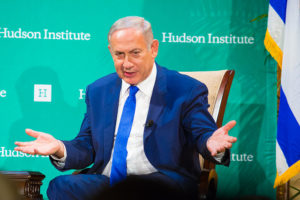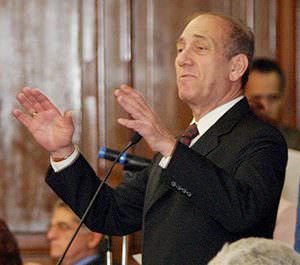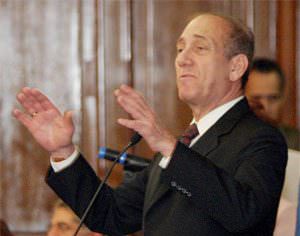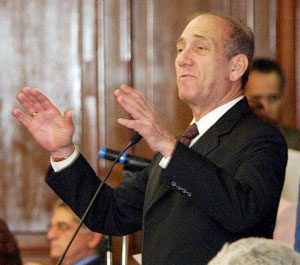Israel Preplanned Lebanon War
Israeli Prime Minister Ehud Olmert, while speaking with a commission investigating the Lebanon war, said he made the decision to invade four months before soldiers were abducted. Olmert testified that he agreed with a contingency plan to respond dramatically should Hezbollah take predictably aggressive action.
Israeli Prime Minister Ehud Olmert, while speaking with a commission investigating the Lebanon war, said he made the decision to invade four months before soldiers were abducted. Olmert testified that he agreed with a contingency plan to respond dramatically should Hezbollah take predictably aggressive action.
Your support matters…Haaretz:
The scenario presented in the various assessments reflected prior incidents: the abduction of soldiers from Israeli territory accompanied by heavy cross-border shelling. Then-chief of staff Dan Halutz said such an incident would have far-reaching consequences for Israel’s deterrent capability. Halutz said Israel could not show restraint in the face of a kidnapping in the north, and it had to respond. Olmert testified that he accepted this stance.
In a meeting in March, Olmert asked the army commanders whether operational plans existed for such a possibility, and they said yes. He asked to see the plans, and they asked why. He responded that he did not want to make a snap decision in the case of an abduction, and preferred to decide at that moment. Presented with the options, he selected a moderate plan that included air attacks accompanied by a limited ground operation. At the time, Shaul Mofaz was defense minister.
The Winograd Commission asked Olmert what he thought his predecessor would have done. Olmert said that following Hezbollah’s failed November 2005 attempt to abduct Israel Defense Forces troops in the border village of Ghajar, [Ariel] Sharon ordered the army to prepare a “list of targets” for a military response in Lebanon. The list included an air attack on the long-range Fajr and Zilzal rockets, which were destroyed in an air raid the first night of the war. Sharon said at the time that the status quo, of ongoing Hezbollah raids, could not continue. Olmert told the commission that he behaved as Sharon would have.
Olmert stated that he had decided in earlier meetings that Israel’s goal in an operation would be the implementation of Security Council Resolution 1559, which calls for the deployment of the Lebanese army along the Israeli border and the disarmament of Hezbollah.
Independent journalism is under threat and overshadowed by heavily funded mainstream media.
You can help level the playing field. Become a member.
Your tax-deductible contribution keeps us digging beneath the headlines to give you thought-provoking, investigative reporting and analysis that unearths what's really happening- without compromise.
Give today to support our courageous, independent journalists.








You need to be a supporter to comment.
There are currently no responses to this article.
Be the first to respond.